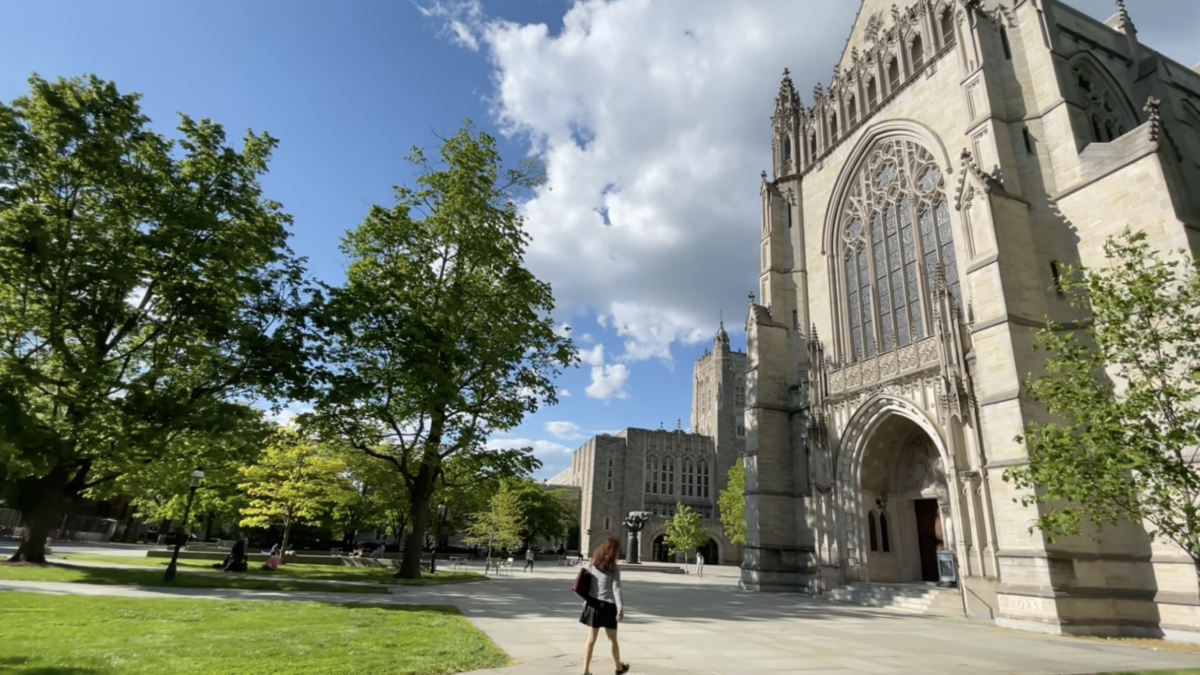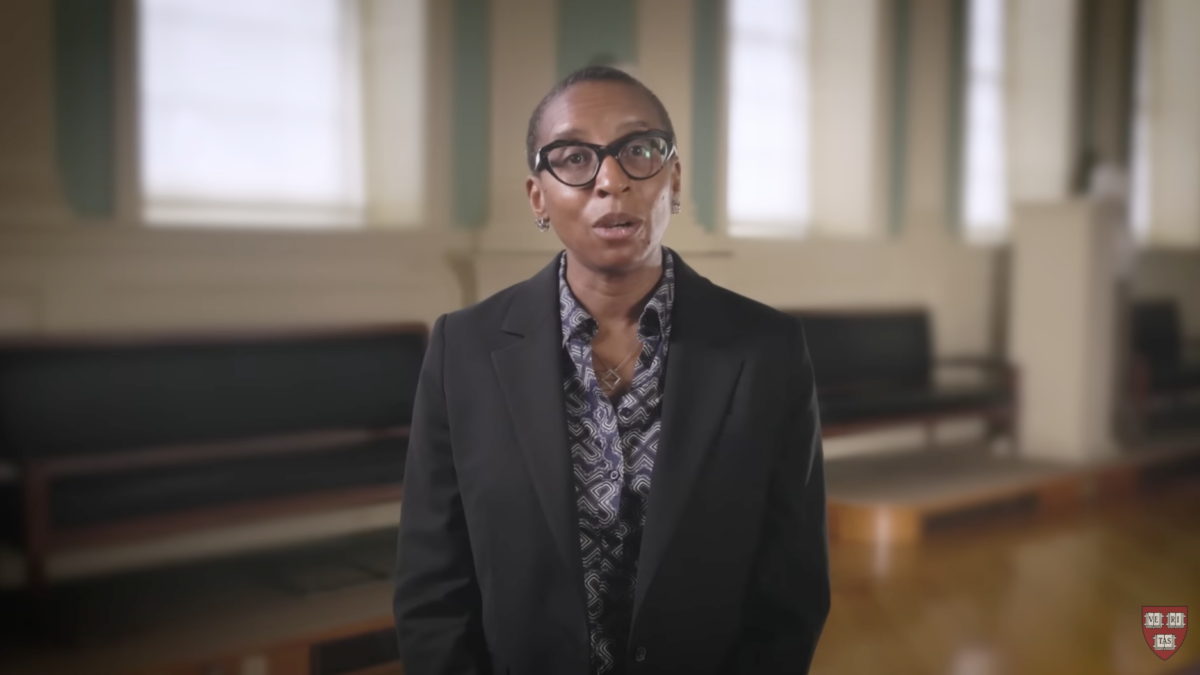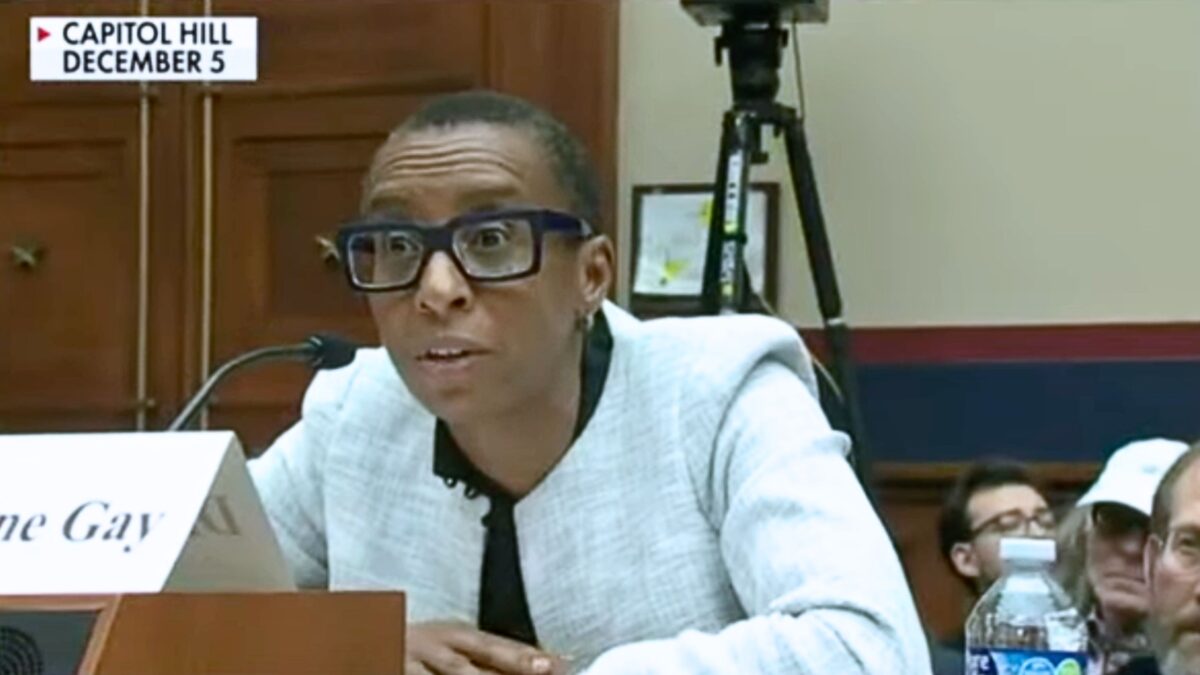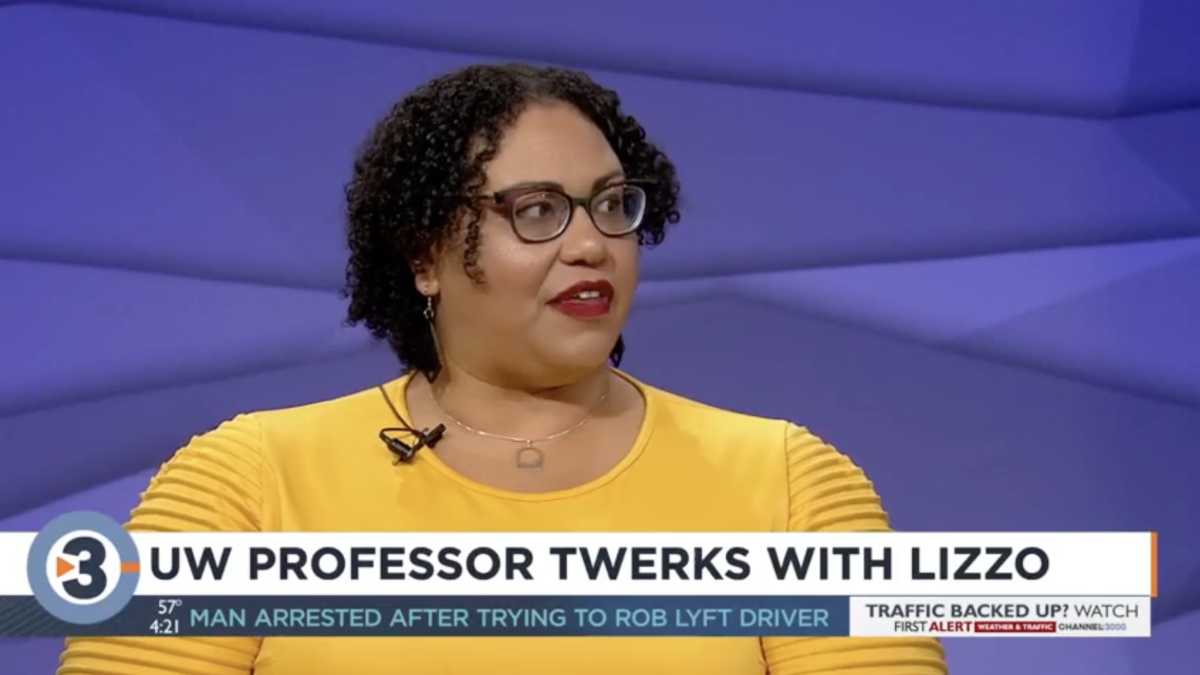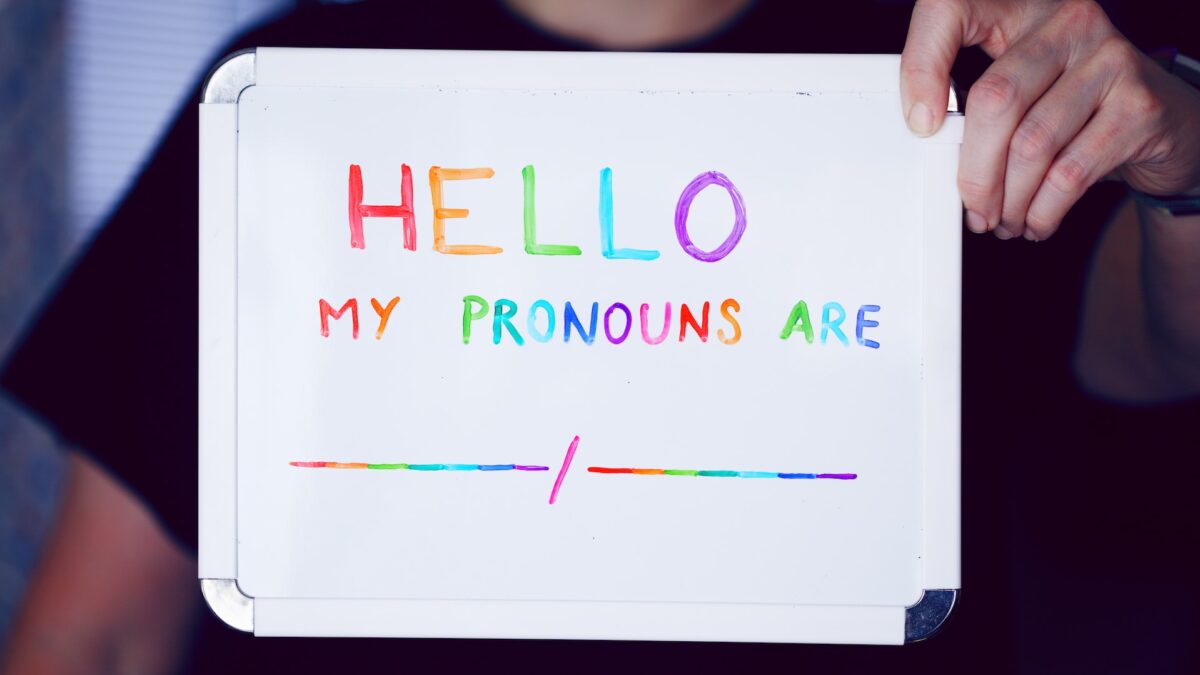Joshua Katz was terminated by Princeton University a few months ago. For readers unfamiliar with the affair, here are the facts.
Katz was a classics professor who produced top scholarship and taught well enough to earn tenure in 2006. He won the President’s Award for Distinguished Teaching in 2003, as an instructor who pressed students into a fuller experience than the three-class-hours-per-week exposure that is the norm today. He hosted dinners, encouraged office visits, and enjoyed the mentor role. Students confided in him — for instance, the Dominican undergraduate who one day revealed his “undocumented” status to Katz, who proceeded to help start him on the naturalization process.
Not surprisingly, the contact resulted in something more in 2006, an affair with a student that lasted into the following year. The relationship was consensual and ardent, no evidence of harassment, and it ended without official repercussions. She went off to pursue an advanced degree, and Katz kept on teaching and writing. Over the years they communicated, sometimes in tense exchanges, disappointment for her and guilt for him, the emotional fallout continuing, but remaining private.
Ten years later, however, a third party informed the university of the relationship. Princeton proceeded against Katz even though the woman, now in her 30s, wanted nothing to do with the investigation. Katz admitted the affair and accepted his sentence, a one-year suspension without pay.
The Real Reason for Cancellation
The story should have ended there, but it didn’t. On July 4, 2020, as riots broke out after the killing of George Floyd, some people at Princeton commenced a protest of their own. A public letter was released directing administrators to adopt specific reforms to halt the racism that the signers insisted victimized teachers and students of color on campus. The demands included anti-racism training for all; a committee to monitor the racial atmosphere from semester to semester; perks for faculty of color; and race-based surveillance of faculty research. The entire thing breached principles of academic inquiry, but 300 denizens of Princeton signed it.
Katz didn’t sign it. Instead, he wrote an article in Quillette that stated, “I am friends with many people who signed the Princeton letter, which requests and in some places demands a dizzying array of changes, and I support their right to speak as they see fit. But I am embarrassed for them.” Later in the piece, he referred to the Black Justice League, a by-then defunct student group whose bullying behavior had shocked him, as “a small local terrorist organization.” That little remark put a bull’s eye on Katz’s back. He was now the local racist-in-chief.
What to do, though? Well, revive the old case. Princeton couldn’t punish Katz for his judgment of the July 4 letter. That was protected speech. They could, however, open the other affair so long as they could find new evidence of misconduct.
And so they did. After the Quillette essay appeared, the undergraduate newspaper investigated Katz’s sexual history and published an article that included a call to readers, “If you have information relating to this story that you are willing to share . . . please contact us.” The woke kids at the paper abhorred Katz’s essay — that was the real motivation — and they had faculty allies who fed them internal documents (two unnamed professors were thanked). They demanded that Princeton re-open the case, which administrators soon did. They combed through emails between Katz and the woman and found a new lever: he admitted that more than ten years earlier he had discouraged her from seeking therapy, which investigators could construe as evidence of manipulation.
Princeton had another impetus as well. The woman had now turned against him. News of his engagement to Solveig Gold (a former student) and the smear in the Daily Princetonian convinced her that Katz was a serial seducer. She hired an attorney and made a complaint with new charges.
The Treacherous Path of Mentoring
Conservatives and liberals both have denounced Princeton for its actions, pointing to sexual charges as a pretext for eliminating a politically incorrect professor. That’s true, but there’s another side to the story that has been overlooked, one that has nothing to do with Katz’s accuser. I mean the teacher-student relationship, and how it played out with someone else.
As noted above, Katz encouraged contact outside of class, the very engagement that schools boast of in promotional materials (“Our professors are super-attentive!”). Apart from this one relationship from 2006, there is no evidence that Katz intended high-impact mentoring to be anything but a course of intellectual growth and personal support.
That’s what teaching is supposed to be, Katz assumed, a powerful mentor-mentee connection that lasts. Not just a transfer of knowledge — it’s an experience. The teacher sees young minds before him on day one of the semester and offers himself as a fount and model. They are a test of his value. Are they listening? Do they care what he has to say? They mean more to the teacher than they realize if that teacher is a motivated mentor. It’s a delicate situation. He wants avid students, not groupies, but the line can get fuzzy.
On the student’s part, the power of mentor-mentee closeness makes it a treacherous condition. She’s young, far from home, and struggling to adjust, perhaps. She aims to be accomplished but has a long way to go and may never get there. Aspiration, insecurity, infatuation, and resentment come and go depending on the valuations of the mentor. He may intend a B- grade on a paper with extensive comments as constructive criticism; she takes it as devastation. The stronger his influence, the trickier the exchanges become.
Boundaries can be hard to maintain. It’s natural to any close teacher-student relationship. I mentioned the immigrant student above, the one near enough to Katz to confess his undocumented status. That student overcame the stigma with Katz’s help, proceeding to graduate school, becoming a professor himself, and recording his journey in a 2015 memoir, “Undocumented: A Dominican Boy’s Odyssey from Homelessness to the Ivy league.” He wrote about that fateful session with Katz, recalling that Katz allowed him to enroll in his graduate seminar, took him to dinner once or twice a month, and advised him on his future. When Katz urged him to apply for junior year abroad, the student’s heart began to pound and he confessed his illegality.
“Katz was indignant,” he remembers, calling the laws senseless and counseling the student in how to proceed. Nothing sexual, but very personal. It showed the caretaker at work, and the trust he inspired in students. The advice set him on the way to a notable career, leading Katz’s mother-in-law to assert after the firing, “It is not an exaggeration to say that Padilla Peralta owes his current position in no small part to Joshua Katz.”
The Son Kills the Father to Become His Own
You see, Peralta is now an associate professor of classics at Princeton. He and Katz have been colleagues for years. One can’t cast them as equals, though. The old saying is, “Once a student, always a student,” which is certainly true if the student follows the professional path of the teacher. Those who stay in the same field can’t help but keep some subordinate feelings, a little inferiority in the presence of a mentor no matter how many years have passed.
No doubt it applies here. If in a committee meeting Peralta made a point and Katz disputed it, the shadow of the old situation likely lingered, the memory of a nervous kid seeking help from a wise elder. The tension could only have been made worse by Peralta’s high ambition and rising reputation. For, Peralta may be Princeton’s most valued professor of color.
Indeed, he aims to be the leading actor in a fundamental reform of classics that has collected lots of press and prestige in recent years. That reform was laid out in a glossy February 2021 New York Times Magazine profile of him that bore the title, “He Wants to Save Classics from Whiteness. Can the Field Survive?”
Do you see how academic politics of race come together with an inconvenient mentoring relationship of old? The local factor is clear, for Princeton University is itself a target of Peralta’s activism. He was one of the four drafters of the accusatory letter of July 4, the one Katz denounced.
So, now we had not only an ex-teacher who came to his aide at a vulnerable time, a memory that curbed Peralta’s authority whenever Katz was in the room, but also a colleague who blocked the paths of Peralta’s success (in that Katz opposed the “de-whiteness” agenda). Peralta co-founded a conference series in 2017 entitled Racing the Classics, whose first meeting “invited participants to unabashedly center race and ethnicity in their research, in order to counter the dangerously universalizing pretensions of ‘Western Civilization’ and other white supremacist ideologies suffusing the academy.”
The July 4 letter jibed with that goal, to which Peralta has dedicated his professional future. He is an acknowledged leader of a genuine movement within academia, the de-whitening of the humanities. Katz’s Quillette essay, then, interrupted what should remain a steady and unquestioned progress.
The solution was one Freud imagined in “Totem and Taboo,” where the sons kill the father in order to come into their own. In the wake of Katz’s dissent, Peralta told the newspaper that Katz’s “flagrant racism makes our case for us.”
“My fury at the op-ed quickly took a backseat to the realization that it is a racist distraction, intended to divert and disorient those of us who have found common cause and strength in collaborating for a better future,” Padilla Peralta wrote to the ‘Prince.’ “And so, in the words of the great American lyricist Method Man, we keep it movin’.”
Note the shift Peralta himself records, the transformation of the child into the adult. First, when reading Katz’s essay, he slips into the stomping “fury” of an 8-year-old, but then rises to an astute diagnosis only an adult can achieve, comprehending the father’s rebuttal as a weak tactic, a way of keeping others down. No middle grounds, no allowance of a single reasonable point in Katz’s essay. The son either identifies with the father or renounces him, and Peralta chooses the latter, viciously. Security is restored, Katz is banished, we’re movin’ on.
(Be it noted that the editor-in-chief of the student paper completed a thesis under Peralta’s direction. Also, Peralta and Katz’s accuser were students of his around the same time — they were “siblings.”)
We have, then, an ancient family romance played out before us. It is yet another sign of rampant decadence that academic bureaucrats should be amenable to such ritual vengeance so long as it assumes the guise of justice. The whole thing smells, a predictable blend of Robespierres at the paper, anti-racism loudmouths, compliant officials, and a lone dissenter who crossed a taboo.
The personal got folded into the political, a one-time desire made a tool of cancelation. Passion in 2006 became punishment in 2022. Princetonians who wanted to rid the professorate of an obstacle to woke reform found the means to do so in a messy misconduct far away. Professor Katz is no more, his academic career is done. American Enterprise Institute has appointed him to its ranks, a plum landing, though no more students, no more teaching.
